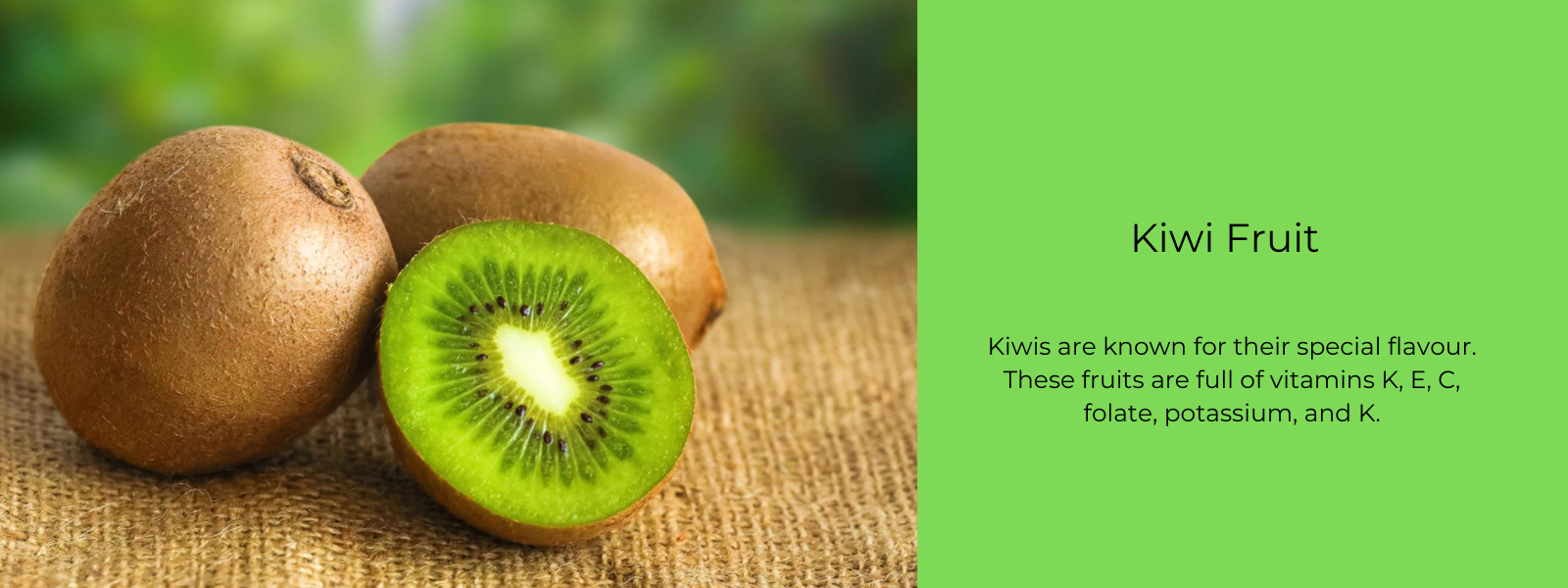Grapefruit, which is a large citrus fruit, is frequently consumed as part of a healthy breakfast. It is in season in the winter and is grown in tropical areas.
The United States grows more than 20 different grapefruit kinds. They are similar to grapes in size, colour, and cluster formation; but, unlike grapes, grapefruit grows on trees rather than vines.
Citrus fruits, like grapefruit, can give anything from salads to baked goods to cocktails a wonderful acidity and flavorful punch. The nutritional advantages of eating fresh, whole grapefruit make it a wise choice to have it on its own for breakfast, as a snack, or even as dessert.
Grapefruit, which originated on the island of Barbados and is a hybrid of a sweet orange and a sizable citrus fruit known as a pomelo, is tangy, juicy, fragrant, and has a flavour all its own.
Table of Contents
What is grapefruit?
Grapefruit gets its name from the fact that it is a mix between an orange and a pomelo and grows in clusters, just like grapes. Grapefruit is abundant in vitamin C and is also high in potassium, fibre, folate, and antioxidants. Actually, one glass of grapefruit juice provides all of the Vitamin C that you require each day.
Around the world, grapefruit is often grown in tropical regions and harvested in the winter. It is available in a variety of colours, including red, pink, white, and golden. The fruit has a whole month devoted to it because it is so well-known. You guessed it, February is recognised as National Grapefruit Month in a number of nations.
In addition to being taken raw, grapefruit juice is popular. Beer, drinks, and cuisine preparations all employ it. In aromatherapy, grapefruit peel oil is frequently employed.
Nutritional value of grapefruit:
Fiber
Like other fruits, grapefruit offers a considerable amount of fibre, which can support:
Heart health: Consuming meals high in fibre helps lower inflammation and lower blood pressure.
Gut health: Fiber promotes the growth of good bacteria and prevents constipation.
Increased fibre consumption can help keep low-density lipoprotein (LDL) cholesterol under control, resulting in healthier cholesterol levels.
Weight management: Fiber makes you feel satiated with less food since it keeps you fuller for longer.
Vitamin C
Grapefruits offer extra nutrients besides fibre. Like oranges and other citrus fruits, grapefruits are rich in vitamin C. A whole, medium grapefruit really supplies you with 100% of your daily needs for vitamin C, a potent antioxidant that is beneficial for your immune system and can aid in the defence against bacteria and viruses that can spread disease.
Vitamin A
Another advantage of grapefruits that is not shared by other citrus fruits is their high content of beta carotene, a form of vitamin A.
You only get around 4% of the vitamin A you need from an orange, but you can get more than 50% of it from a complete grapefruit.
Like vitamin C, vitamin A strengthens the immune system and aids in the prevention of inflammation, both of which are crucial for maintaining good eye health.
Grapefruit contains a lot of water:
Among all fruits, grapefruit has one of the highest water content. Just one cup of pink or red grapefruit that has been cut into sections has 203 grams, or almost a cup, of water in it.
The fruit's high water content makes it beneficial for general health. Water is important to maintain your body in shape because it makes up 60% of your body. Additionally, water helps prevent ailments like urinary tract infections (UTIs), kidney stones, and constipation.
Additionally, around 20% of the daily fluids you consume come from meals.
You can accomplish your fluid objectives by including grapefruit in your diet plan. Pick the heaviest grapefruits possible because they have the most water in them.
Grapefruit or grapefruit juice: which is more beneficial?
Is consuming grapefruit juice as beneficial as consuming the fruit itself? Not exactly. Fruit juice is a practical approach to obtain the vitamins and minerals found in whole fruit, but it isn't a perfect replacement. One reason is that fruit juice typically contains higher sugar concentrations, which can raise blood sugar levels.
Dietitians advice choosing entire fruit. Food that you can chew is more gratifying, and fruit's fibre-rich solids and pith make it substantial and nutritious while reducing the rate at which its sugar is absorbed.
Health benefits of grapefruit:
Boosts immunity
Like many citrus fruits, grapefruit is rich in vitamin C, a substance that has been found to support the immune system. Vitamin A, another vitamin that has been shown to support immune function, is abundant in grapefruit. You might spend the least amount of time ill thanks to this potent combination.
Supports weight management
Obesity is a prevalent medical condition that can cause type 2 diabetes and heart disease, among other problems. One element that contributes to obesity is overeating. Grapefruit, which is rich in fibre, can aid in weight management by limiting the speed at which your body digests food, increasing feelings of fullness, and decreasing the desire to overeat.
Prevents kidney stones
It can be very uncomfortable to pass kidney stones. Kidney stones can be caused by a variety of factors, such as weight, food, and specific drugs. Consuming grapefruit may aid in preventing calcium buildup-induced kidney stones. Grapefruit's citric acid can bind with extra calcium and help your body eliminate it.
Grapefruit recipes:
Other ways to enjoy the health benefits and flavour of grapefruit include:
- Grapefruit that has been broiled: For a sophisticated dessert or a tasty breakfast treat that you can serve with yoghurt or bananas, drizzle a half of a grapefruit with a little brown sugar and broil it.
- Grapefruit salads: Make an Italian-style salad with pistachios, parmesan, and fresh arugula. By including grilled chicken, you may even turn it into a whole supper. Tossing grapefruit segments with avocado, lime juice, a little salt, and fresh herbs like cilantro or mint provides an additional alternative.
- Smoothies with grapefruit: You can add grapefruit to your morning smoothie together with other fruits and vegetables. Instead of juicing the fruit, mix it in a blender to preserve all the beneficial fibre. The smoothie can easily be turned into a parfait by adding yoghurt on top.











Leave a comment